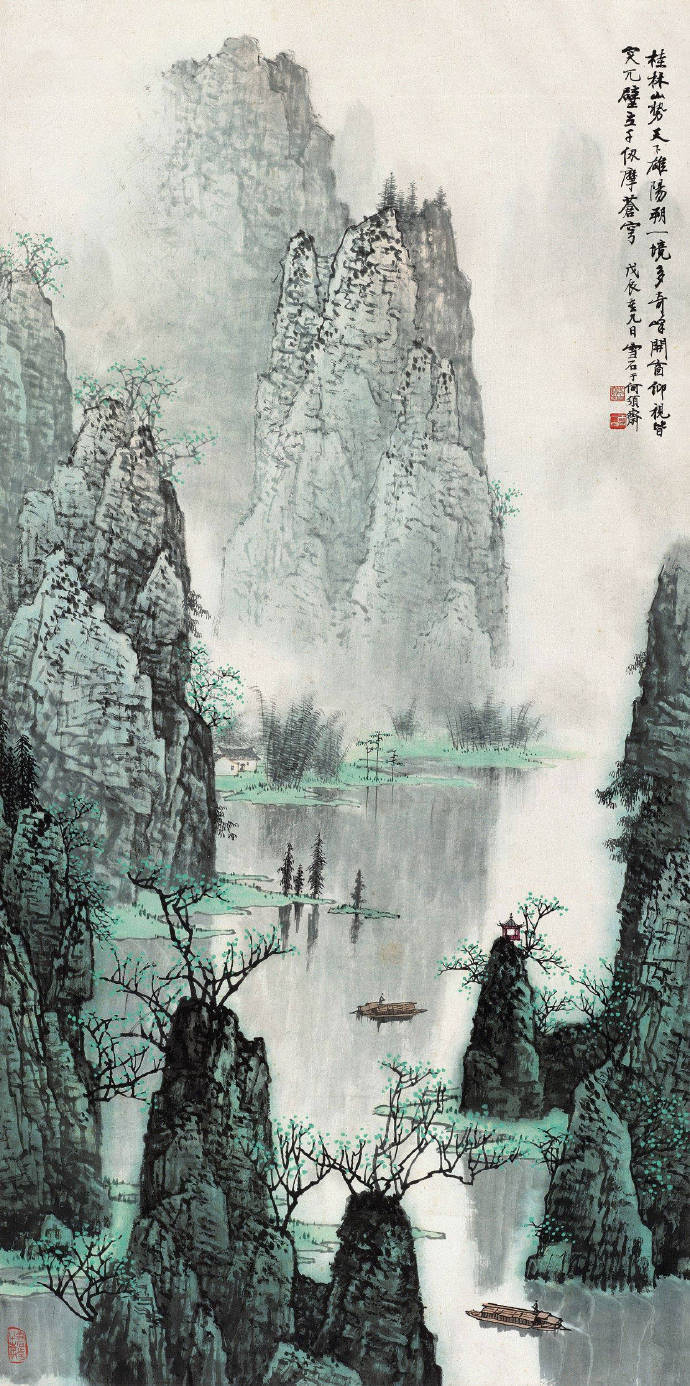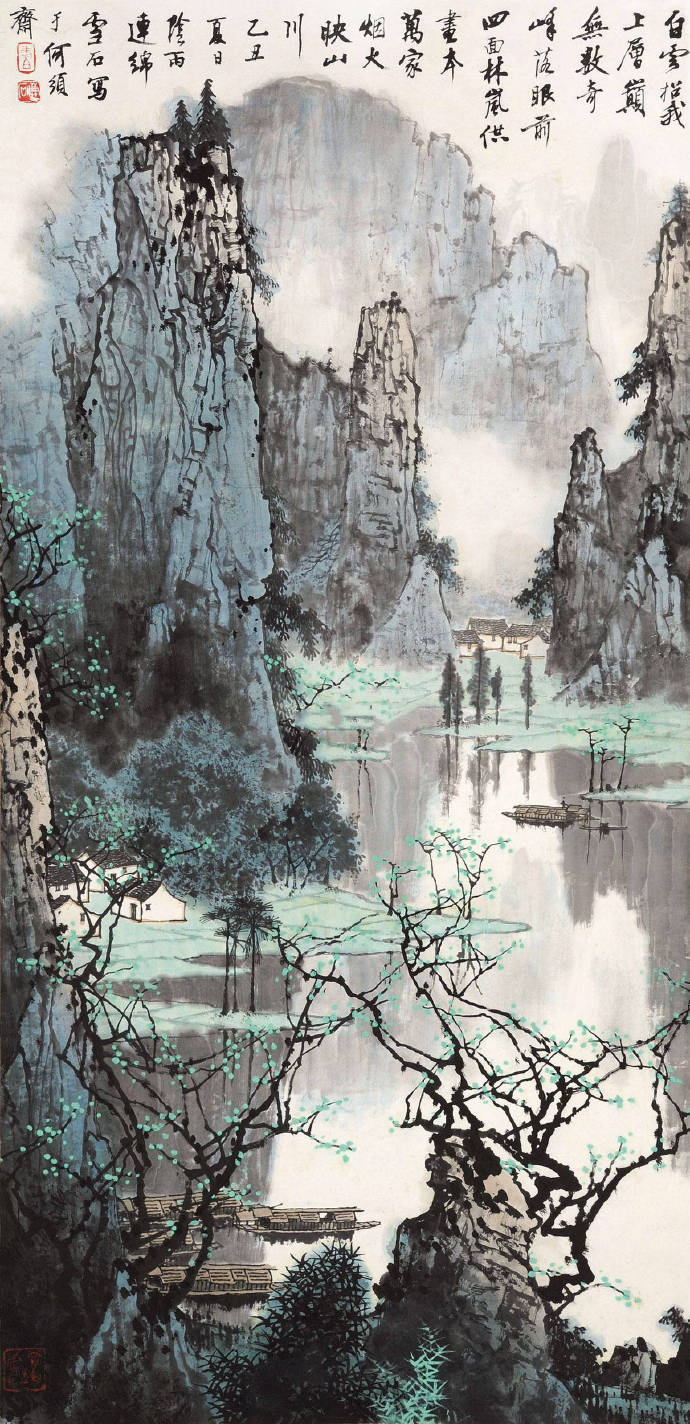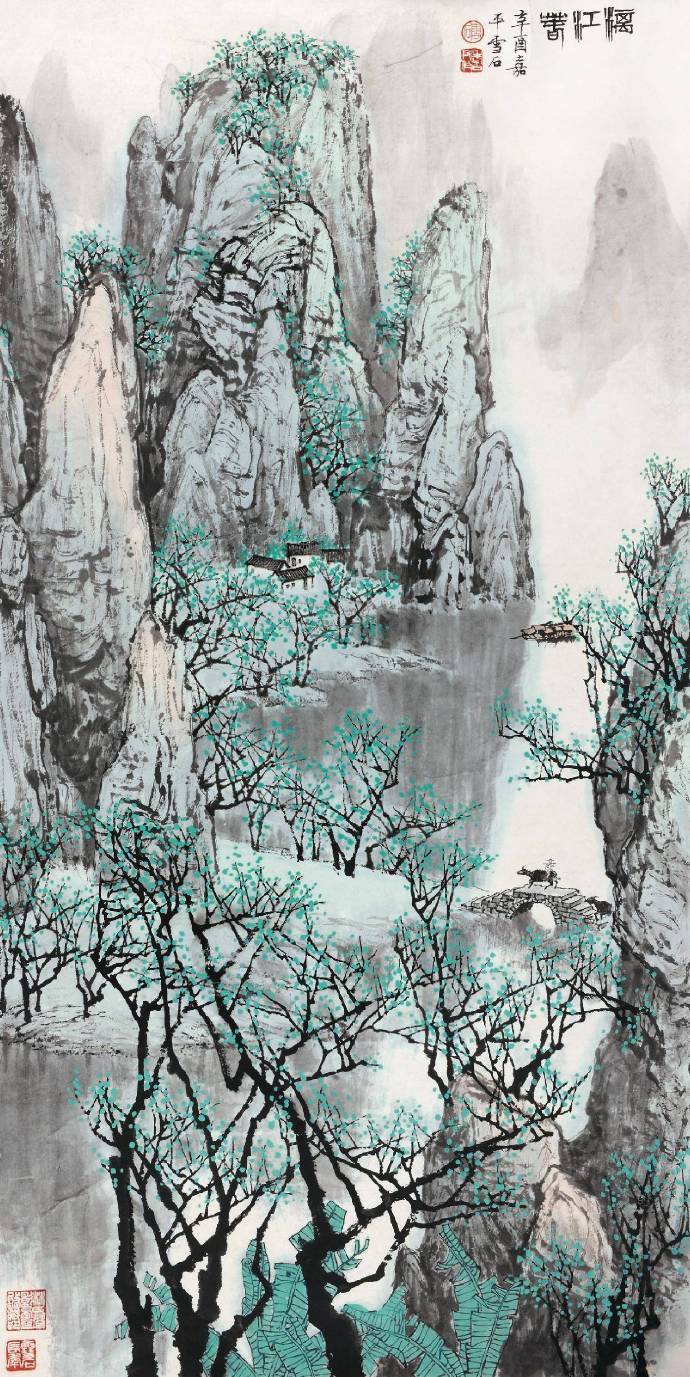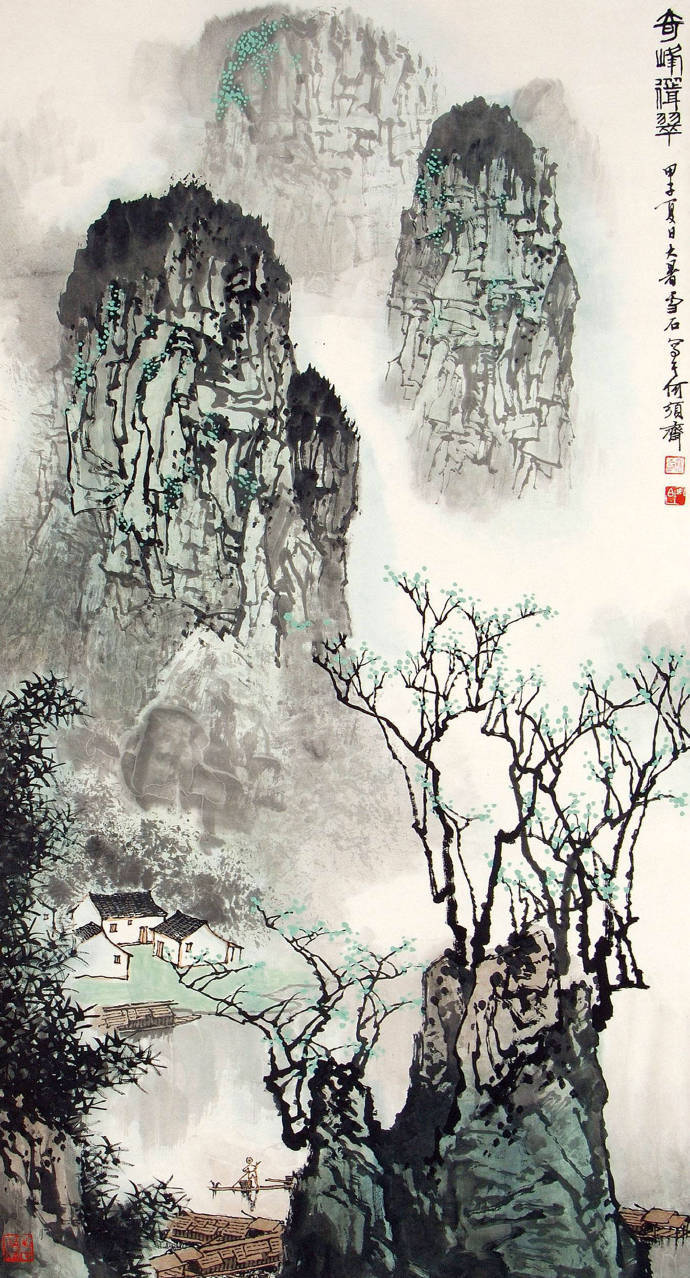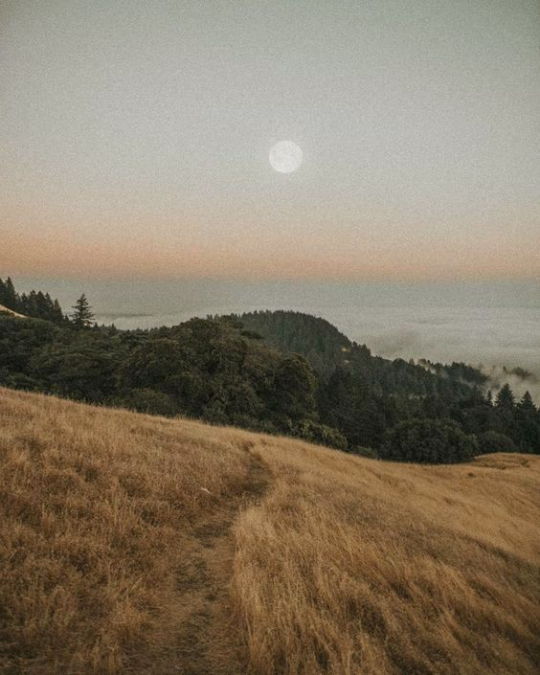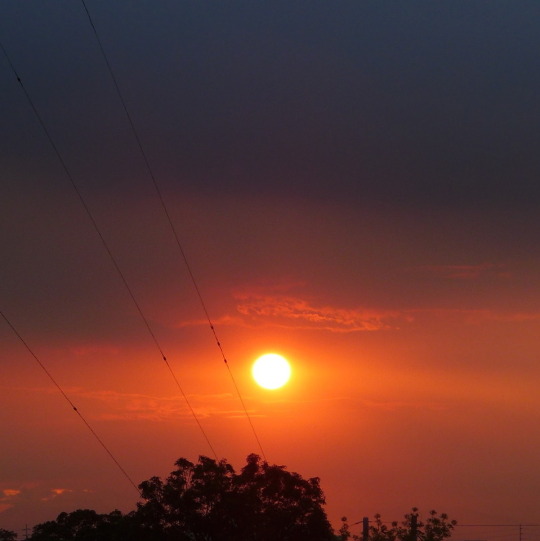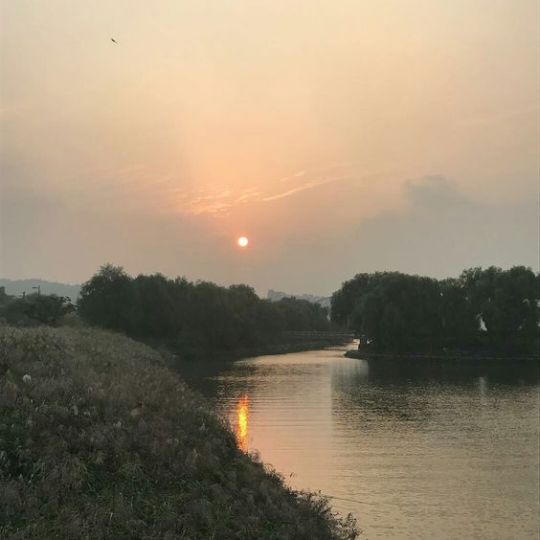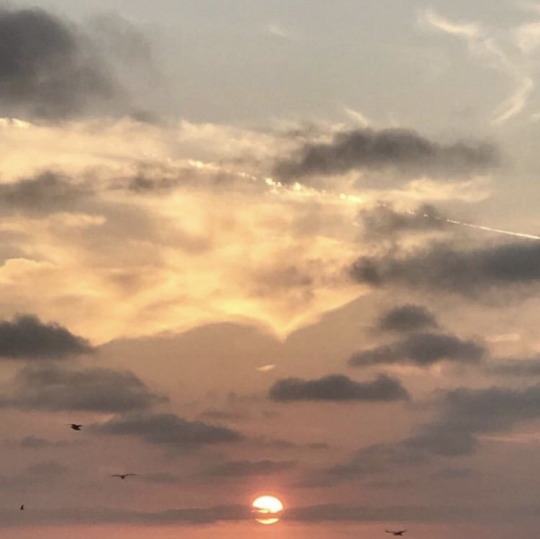Svetozar | artist | 22 | MIGRATED TO TWITTER, FIND ME @zirrrot !
Don't wanna be here? Send us removal request.
Photo

I had the absolute pleasure of commissioning the lovely @bunabi for this wonderful piece right here of my MC, Charlie DuPont. This is a gift to myself for completing my first ever NaNoWriMo and writing out 50k words towards a fanfic starring Charlie last year!! This piece absolutely blows me away and had me absolutely buzzing throughout the whole process! I cannot stress enough how beautiful the piece is and I highly recommend going for a slot when @bunabi opens up commissions again!!!
761 notes
·
View notes
Text

Altaïr Selemi (he/him) is a prodigy pneumarcanist (mages that focus on 'Breath of Life' - the use of sprite energies and familiars) a very friendly fellow and of course one of the most infamous bachelors at the academy...
I had some fun with one of my beloved OCs, Altaïr. A little mock-up for a fake fantasy dating sim~ There was a hashtag going around for this ages ago but I forgot what it was...
621 notes
·
View notes
Text
reblog and put in the tags the reason why you cried the last time you did
11K notes
·
View notes
Photo

Ophiuchus by Dan Watson
Artist commentary: “Done for the Changeling Artist Collective as a part of their Woven Tapestry Tarot project.”
7K notes
·
View notes
Photo
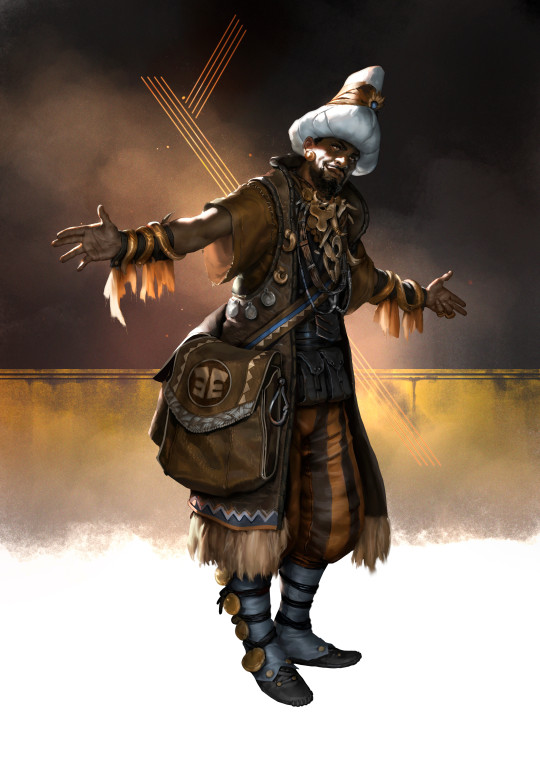
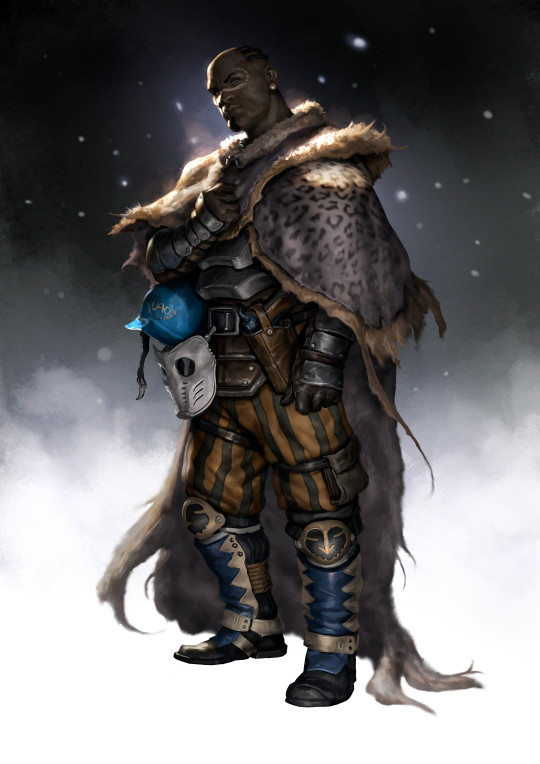
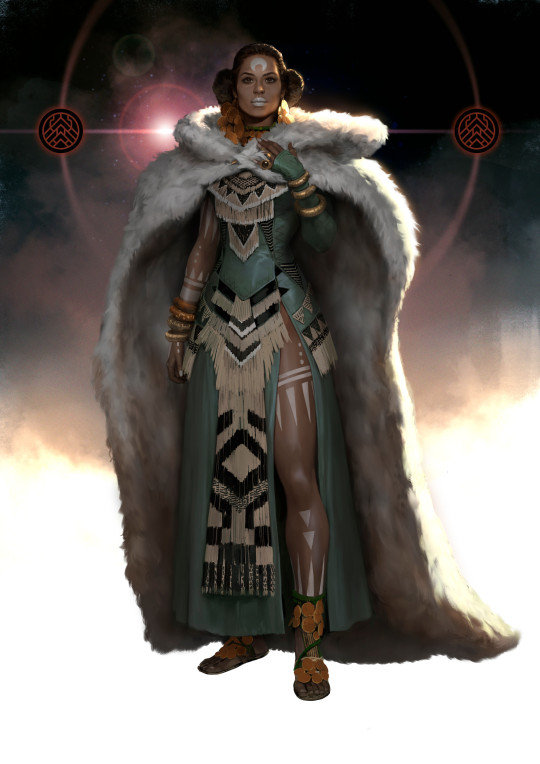
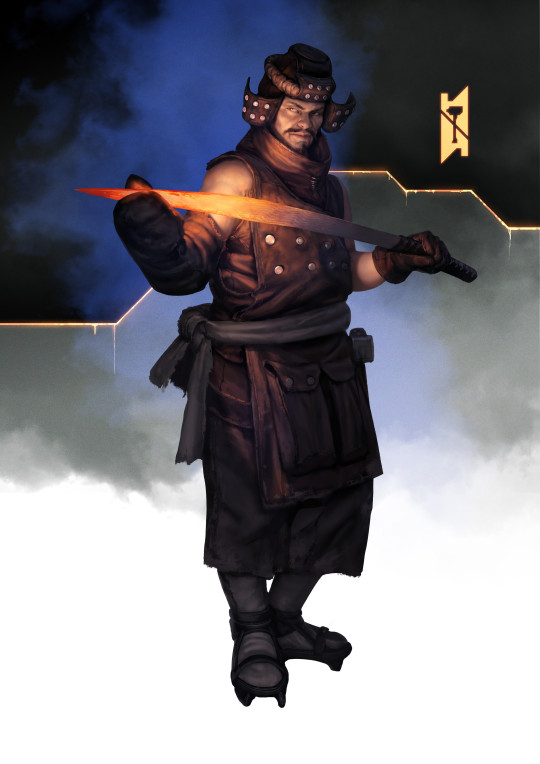

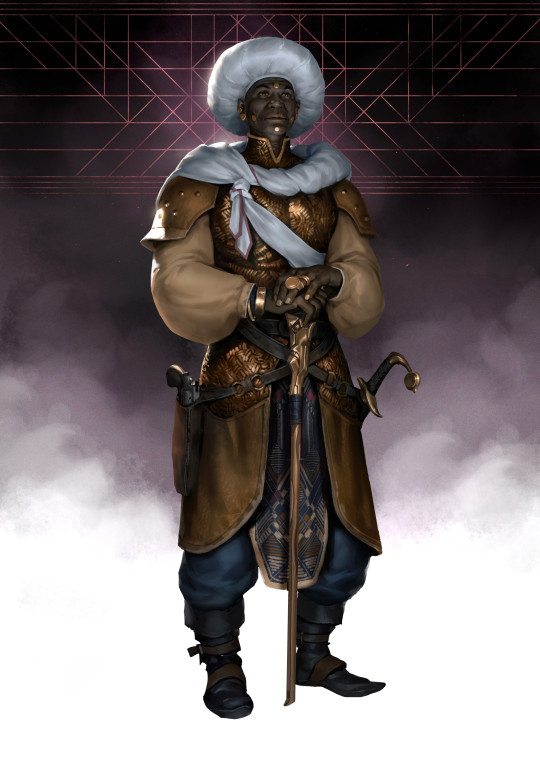
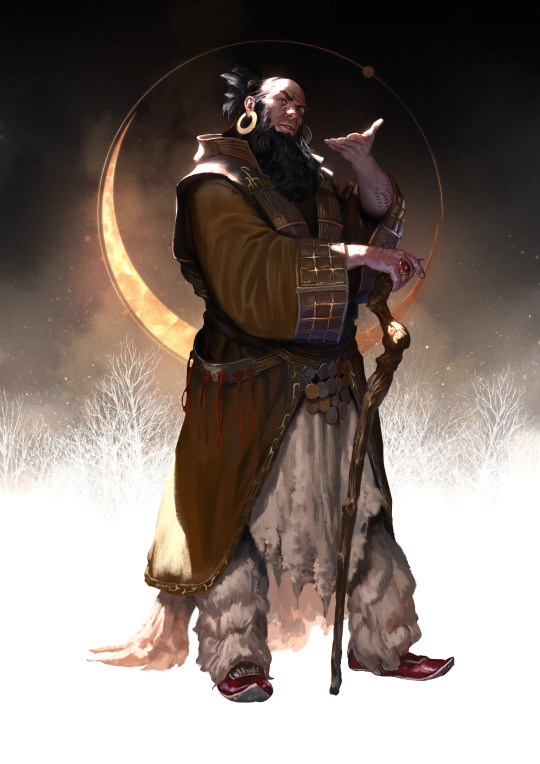
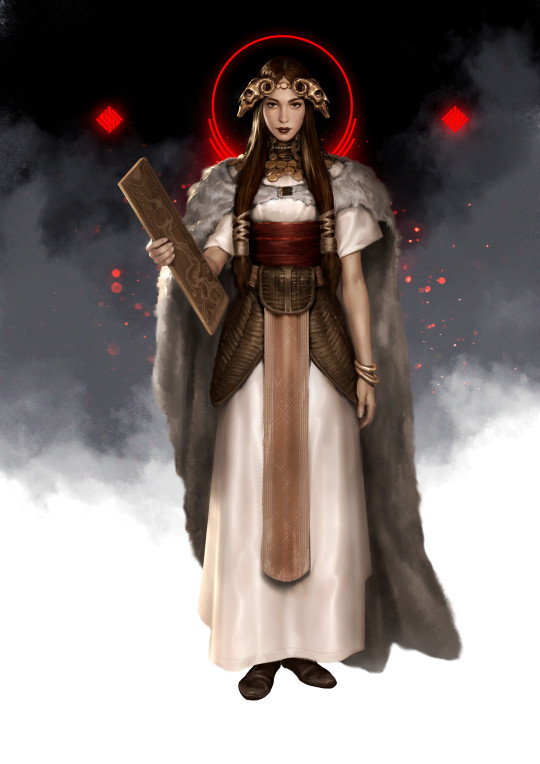
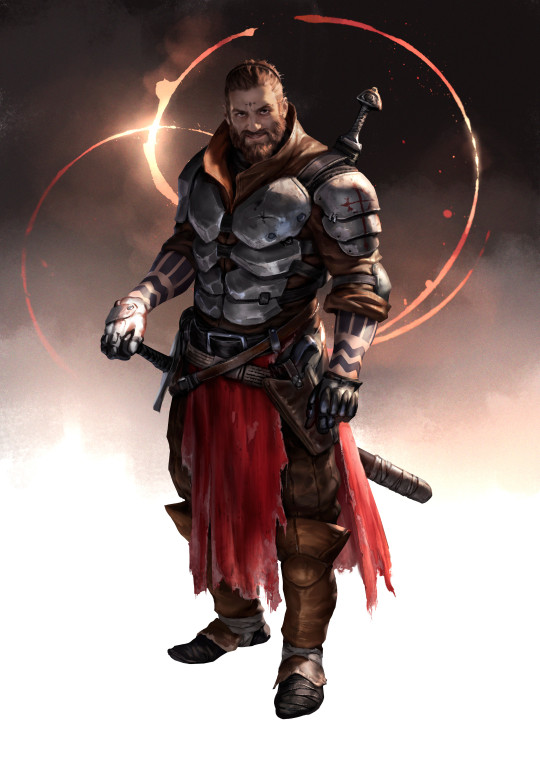

Character illustrations from JUSTITIAN : Moloch, a DEGENESIS: Rebirth book by SIXMOREVODKA STUDIO
435 notes
·
View notes
Text
House Rule 01: DROPPING TO ZERO (and getting back)
The Rule: whenever you’re brought back from unconsciousness you gain a level of exhaustion
The Reasoning: 5e combat almost necessitates yo-yoing from near-death expirience to battle to near-death expirience, all the time, without any consequence and it’s kinda lame.
People play DnD in all manner of ways, but I tend to focus my games around dramatic moments. We aren’t in high-RP mode all the time, but it pops up regularly. I think everyone in our group is a forum rp connoisseur, or an artist with dozens of characters, or a fanfic writer…
Why I say this is to establish that these people *love* character drama. But yet I found that even they simply get desensitized and taken out of the moment by the notion that 2 members of the party have Healing Word, so it wouldn’t even get to death saves. And it wouldn’t exactly be helpful to explicitly be like “please take this seriously, your life is in danger” when the rules clearly demonstrate it’s not.
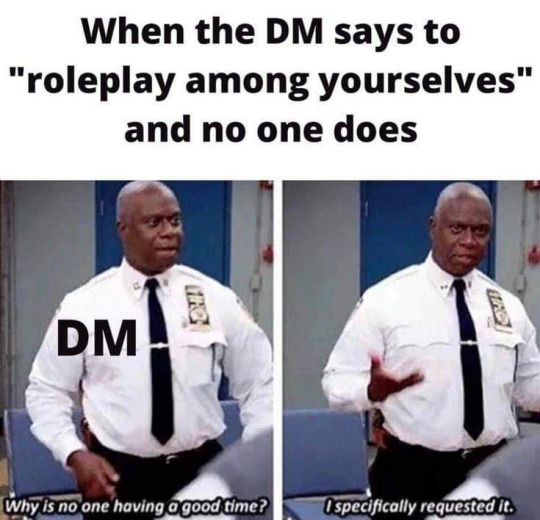
In my expirience some unsaid things have great effect on the presumed rules of engagement at the table.
Dramatically ramping up the difficulty of encounters and purposefully building them around the party’s weaknesses to make the encounter “feel more dangerous” is a very risky thing. Not only can you (and very likely at that) end up with a near TPK from a couple un/lucky rolls, you send a message.
The difference between:
1) the 4th encounter in a row, all entirely unrelated to each other, all attacking the group with an obscure type of damage that is the only type of damage no one has resistance to;
2) the understanding that going beyound your limit is physically taxing;
it is felt by the players. If all of their big guns are most of the time useless (by the dm’s design!) it brings a lot of animosity to the game and frankly, discourages from trying. We play this game to feel badass and have fun.

Another thing I like about it is that it starts slow, but you’re aware the upper levels are there, looming. As opposed to danger coming in a form of a crit on a special attack that just suddenly wipes everyone out (and let’s face it, ‘but what if it crits’ is rarely on our minds, it’s like a 5% chance, pfff), this builds suspense.
Now, I know that death yo-yo is a known problem with 5e. However, all the solutions to it that I heard of are often surface level. Like, for example - curbing healing word.
Healing word is a bonus action, 60f range, 1st lv spell. If you have at least one PC who has it, core rules as is, it does function a bit like a game breaker. If you were to try and get the fallen PC back up with a healing potion you would need:
1) to get to them, likely inviting opportunity attacks on your character;
2) sacrifice your action to feed them the potion;
3) and maybe most importantly, get that potion in advance! On lower levels that stuff is *expensive* and you probably only have 1 or 2 at most.
There’s planning, danger and sacrifice involved there. (Most of it also aplies to Cure Wounds, Healing Hands and the like)
Now look at Healing Word. You can get someone up often at no cost to your turn because bonus action abilities for most spellcasters are few and far between. But I still feel like banning healing word or making it a higher level spell just makes the situation… more annoying and not better?
Not to mention that at some point 2nd lv spells will become insignificant to your PCs too, and we have the same problem again.
(Someday I’ll write an equally long post on the ‘challenging vs bothersome difficulty’, but for now…)
TLDR: getting exhaustion from supernaturally bringing yourself back from the brink is intuitive, it’s an underused mechanic, it ramps up slowly but is still dangerous, costly to get rid of (long rest or potentially several 3rd lv Restorations), and can eventually kill you if you’re reckless enough. All of which adds appropriate narrative weight and danger that can be planned for.
Should’ve been part of the core rules, honestly.
10 notes
·
View notes
Text
On the issue of the ‘q slur’...
So, yesterday, I got into a rather stupid internet argument with someone who was peddling what seemed to me to be a rather insidious narrative about slur-reclamation. Someone in the ensuing notes raised a point which I thought was interesting, and worrying, and probably needed to be addressed in it’s own post. So here we go:

The word ‘queer’ itself seems to be especially touchy for many, so let me begin to address this by way of analogy.
Instead of talking about “queer”, let’s start by talking about “Jew” - a word which I believe is very similar in its usage in some significant ways.
Now, the word “Jew” has been used as a derogatory term for literally hundreds of years. It is used both as a noun (eg. “That guy ripped me off - what a dirty Jew”) and as a verb (eg. “That guy really Jew-ed me”). These usages are deeply, fundamentally, horrifically offensive, and should be used under no circumstances, ever. And yet, I myself have heard both, even as recently as this past year, even in an urban location with plenty of Jews, in a social situation where people should have known better. In short – the word “Jew”, as it is used by certain antisemites, is – quite unambiguously – a slur. Not a dead slur, not a former slur – and active, living slur that most Jews will at some point in their life encounter in a context where the term is being used to denigrate them and their religion.
Now here’s the thing, though: I’m a Jew. I call myself a Jew. I prefer that all non-Jews call me a Jew – so do most Jews I know. “Jew” is the correct term for someone who is part of the religion of Judaism, the same way that “Muslim” is the correct term for someone who is part of the religion of Islam, and “Christian” is the correct term for someone who is part of the religion of Christianity.
In fact, almost all of the terms that non-Jews use to avoid saying “Jew” (eg. “a member of the Jewish persuasion”, “a follower of the Jewish faith”, “coming from a Jewish family”, “identifying as part of the Jewish religion”, etc) are deeply offensive, because these terms imply to us that the speaker sees the term “Jew” (and by extension, what that term stands for) as a dirty word.
“BUT WAIT” – I hear you say – “didn’t you just say that Jew is used as a slur?!?”
Yes. Yes, I did. And also, it is fundamentally offensive not to call us that, because it is our name and our identity.
Let me back up a little bit, and bring you into the world of one of those 2000s PSAs about not using “that’s so gay”. Think of some word that is your identity – something which you consider to be a fundamental and intrinsic part of yourself. It could be “female” or “male”, or “Black” or “white”, “tall” or “short”, “Atheist” or “Mormon” or “Evangelical” – you name it.
Now imagine that people started using that term as a slur.
“What a female thing to do!” they might say. “That teacher doesn’t know anything, he’s so female!”
Or maybe, “Yikes, look at that idiot who’s driving like an atheist. It’s so embarrassing!”
Or perhaps, “Oh gross, that music is so Black, turn it off!”
Now, what would you say if the same groups of people who had been saying those things for years turned around and avoided using those words to describe anything other than an insult?
“Oh, so I see you’re a member of the female persuasion!”
“Is he… a follower of the atheist beliefs? Like does he identify as part of the community of atheist-aligned individuals?”
“So, as a Black-ish identified person yourself – excuse me, as a person who comes from a Black-ish family…”
Here’s the fundamental problem with treating all words that are used as slurs the same, without any regard for how they are used and how they developed – not all slurs are the same.
No one, and I mean no one (except maybe for a small handful of angsty teens who are deliberately making a point of being edgy) self-identifies as a kike. In contrast, essentially all Jews self-identify as Jews. And when non-Jews get weird about that identity on the grounds that “Jew is used as a slur”, despite the fact that it is the name that the Jewish community as a whole resoundingly identifies with, what they are basically saying is that they think that the slur usage is more important than the Jewish community self-identification usage. They are saying, in essence, “we think that your name should be a slur.”
Now, at the top I said that the word “Jew” and the word “queer” had some significant similarities in terms of their usage, and I think that’s pretty apparent if you look at what people in those communities are saying about those terms. When American Jews were being actively threatened by neo-Nazis in the 70s, the slogan of choice was “For every Jew a .22!″. When the American Queer community was marching in the 90s in protest of systemic anti-queer violence, the slogan of choice was “We’re here, we’re queer, get used to it!” Clearly, these are terms that are used by the communities themselves, in reference to themselves. Clearly, these terms are more than simply slurs.
But while there are useful similarities between how the terms “Jew” and “Queer” are used by bigots and by their own communities, I’d also like to point out that there is pretty substantial and important difference:
Unlike for “queer”, there is no organized group of Jewish antisemites who are using the catchphrase “Jew is a slur!” in order to selectively silence and disenfranchise Jews who are part of minority groups within Judaism.
This is the real rub with the term queer – no one was campaigning about it being a slur until less than a decade ago. No one was saying that you needed to warn for the word queer when queer people were establishing the academic discipline of queer studies. No one was ‘think of the children”-ing the umbrella term when queer activists were literally marching for their lives. Go back to even 2010 and the term “q slur” would have been basically unparseable – if I saw someone tag something “q slur”, like most queer people I would have wracked my brains trying to figure out what slur even started with q, and if I learned that it was supposed to be “queer”, my default assumption would be that the post was made by a well-meaning but extremely clueless straight person.
I literally remember this shift – and I remember who started it. Exclusionists didn’t like the fact that queer was an umbrella term. Terfs (or radfems as they like to be called now) didn’t like that queer history included trans history; biphobes and aphobes didn’t like that the queer community was also a community to bisexuals and asexuals. And so what could they possibly say, to drive people away from the term that was protecting the sorts of queer people that they wanted to exclude?
Well, naturally, they turned to “queer is a slur.”
And here’s the thing – queer is a slur, just like Jew is a slur, and no one is denying that. And that fact makes “queer is a slur so don’t use it” a very convincing argument on the surface: 1) queer is still often used as a slur, and 2) you shouldn’t ever use slurs without carefully tagging and warning people about them (and better yet, you should never use them at all), and so therefore 3) you need to tag for “the q slur” and you need to warn people not to call the community “the queer community” or it’s members “queer people” or its study “queer studies” – because it’s a slur!
But the crucial step that’s missing here is exactly the same one above, for the word “Jew” – and that step is that not all slurs are the same. When a term is both used as a slur and used as a self-identity term, then favoring the slur meaning instead of the identity meaning is picking the side of the slur-users over the disadvantaged group!
If you say or tag “q slur” you are sending the message, whether you realize it or not, that people who use “queer” as a slur are more right about its meaning than those who use it as their identity. Tagging for “queer” is one thing. People can filter for “queer” if it triggers them, just like people can filter for anything else. Not everyone has to personally use the term queer, or like the term queer. But there is no circumstance where the term “q slur” does not indicate that you think queer is more of a slur than of an accurate description of a community.
If I, as a Jew, ever came across a post where someone had warned for innocent, positive, non-antisemitic content relating to Judaism with the tag “J slur”, I would be incensed. So would any Jew. The act of tagging a post “J slur” is in and of itself antisemitic and offensive.
Queer people are allowed to feel the same about “q slur”. It is not a neutral warning term – it is an attack on our identity.
71K notes
·
View notes
Photo





Aric Athesis - https://twitter.com/AricAthesis
13K notes
·
View notes
Photo

Saint Lucio | Lucio Correia dos Santos | Overwatch
Other Works in Series: King McCree Captain Reyes
1K notes
·
View notes
Photo





Cassandra Jean - http://cassandrajp.tumblr.com - https://www.instagram.com/cassieclare1 - http://cassandrajeanart.blogspot.com.es - https://twitter.com/CassandraJP - https://society6.com/cassandrajean
10K notes
·
View notes




